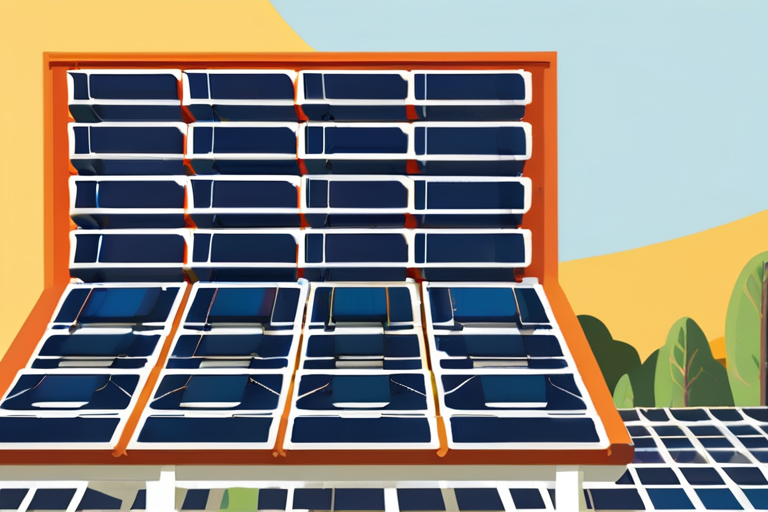A Record-Breaking Venture Capital Round for Solar Geoengineering Startup Raises Concerns
Last week, American-Israeli company Stardust announced it had secured a staggering $60 million in venture capital, the largest known funding round to date for a solar geoengineering startup. This significant investment has sparked concerns among scientists and experts who have long been warning about the risks of privately funded climate intervention technologies.
The funding round, which was revealed by Heatmap, a news outlet that covers the intersection of climate and technology, will enable Stardust to develop a system capable of deploying its proprietary technology by the start of the next decade. This ambitious timeline has raised eyebrows among experts, who argue that such technologies should be studied, evaluated, and developed mainly through publicly funded research institutions.
Financial details reveal that Stardust's $60 million funding round is a significant milestone for the solar geoengineering industry. According to a report by Heat Exchange, a guest opinion series by MIT Technology Review, this funding round surpasses the previous largest investment in a solar geoengineering startup by a substantial margin. The report also notes that this investment is part of a broader trend of increasing venture capital flows into the climate tech sector, with solar geoengineering startups attracting a significant share of the funding.
Market impact and context suggest that the rapid growth of the solar geoengineering industry is driven by concerns about climate change and the need for innovative solutions to mitigate its effects. However, experts argue that the private sector's increasing involvement in this field raises concerns about the lack of transparency, accountability, and public oversight. As the industry continues to grow, it is essential to address these concerns and ensure that such technologies are developed and deployed responsibly.
Stardust, the company behind the record-breaking funding round, is a relatively new player in the solar geoengineering industry. Founded in 2019, the company has been working on developing a proprietary technology that can cool the planet by reflecting sunlight back into space. While the company's technology is still in its early stages, its ambitious timeline and significant funding raise questions about the feasibility and safety of its approach.
Looking ahead, the future of the solar geoengineering industry remains uncertain. While some experts argue that privately funded research can accelerate the development of climate solutions, others warn that the lack of public oversight and accountability poses significant risks. As the industry continues to grow, it is essential to strike a balance between innovation and caution, ensuring that such technologies are developed and deployed in a responsible and transparent manner.



























Share & Engage Share
Share this article